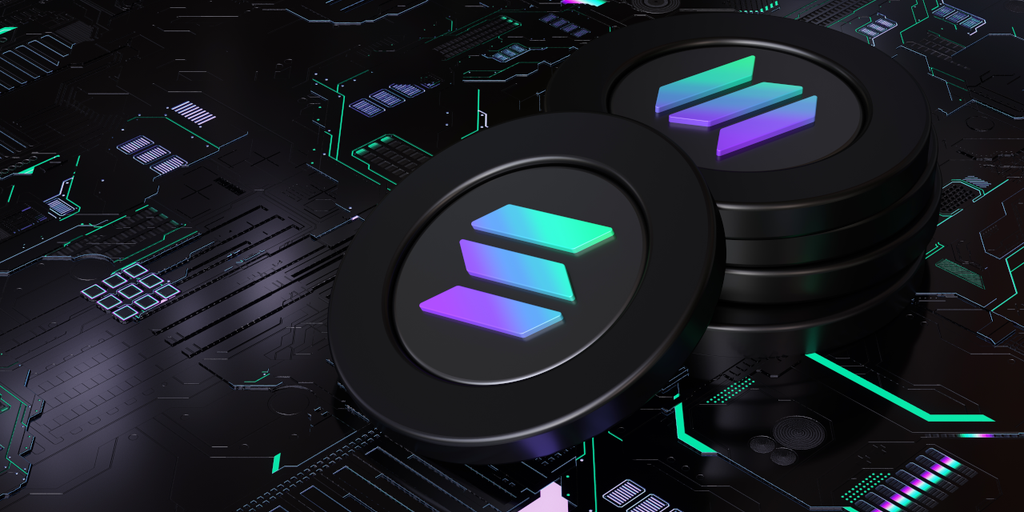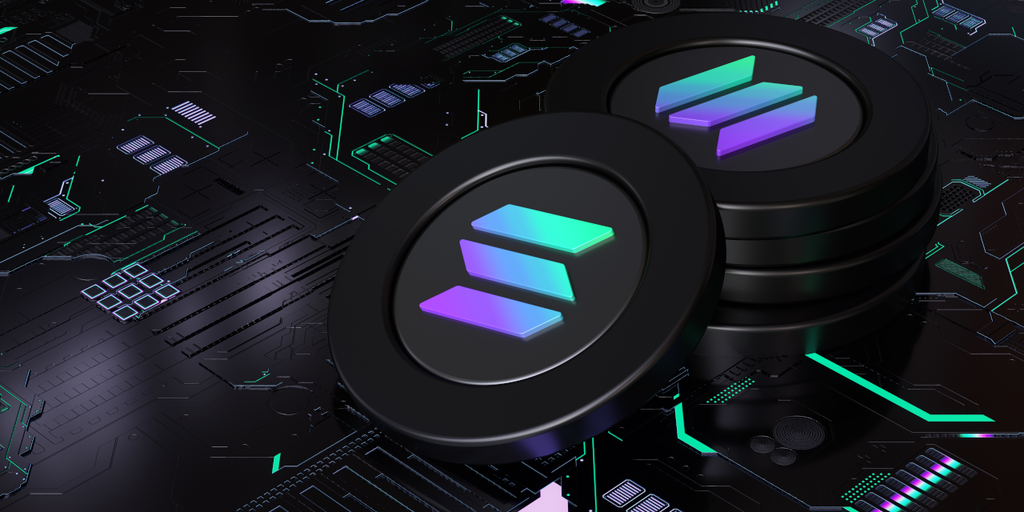
Solana developers have put forward a proposal that could change how its blockchain handles billions of user accounts, addressing one of the biggest hurdles facing mainstream adoption.
The proposal introduces a “network-based” hashing system that fundamentally changes how the blockchain tracks and verifies user account states.
Once approved, the proposal could set a new standard for blockchain scalability, which could impact how other networks handle similar scaling challenges.
“The main goal is to scale Solana to billions of accounts and compute the ‘hash of all accounts’ in practical time and space.” an offer He reads, and identifies a solution to a challenge that has long plagued high-performance blockchains.
Currently, Solana and other blockchains need to regularly recalculate the complete state of all user accounts. However, this process becomes increasingly required as the network grows.
The case was called "The problem of state growthAmong blockchain developers. Solana Labs co-founder Anatoly Yakovenko discussion Challenge in May of last year.
“The problem boils down to this simple thing: creating a new account should actually create new accounts,” Yakovenko said. “Which means the new account has to prove it's new in some way.”
The Accounts Lattice Hash upgrade eliminates this requirement by enabling instant verification without having to calculate everything again.
This approach borrows from an advanced cryptographic technique called “homomorphic hashing” that allows the network to update its state check by only processing changed computations.
With this new system, the same 128-bit security level is maintained while the computational load is greatly reduced.
Early applications of the new system have shown promising results, with two verification clients, Agave and Firedancer, demonstrating its practical feasibility, according to the proposal's authors. Decryption I reached out to the authors and Yakovenko to learn more.
The upgrade will be delivered through Solana's formal optimization process, which requires network-wide activation through a validator vote.
The developers recommend a gradual rollout, allowing nodes to pre-compute the new hashing system before fully activating it.
Modified by Sebastian Sinclair
Daily debriefing Newsletter
Start each day with the latest news, plus original features, podcasts, videos and more.
Source link
